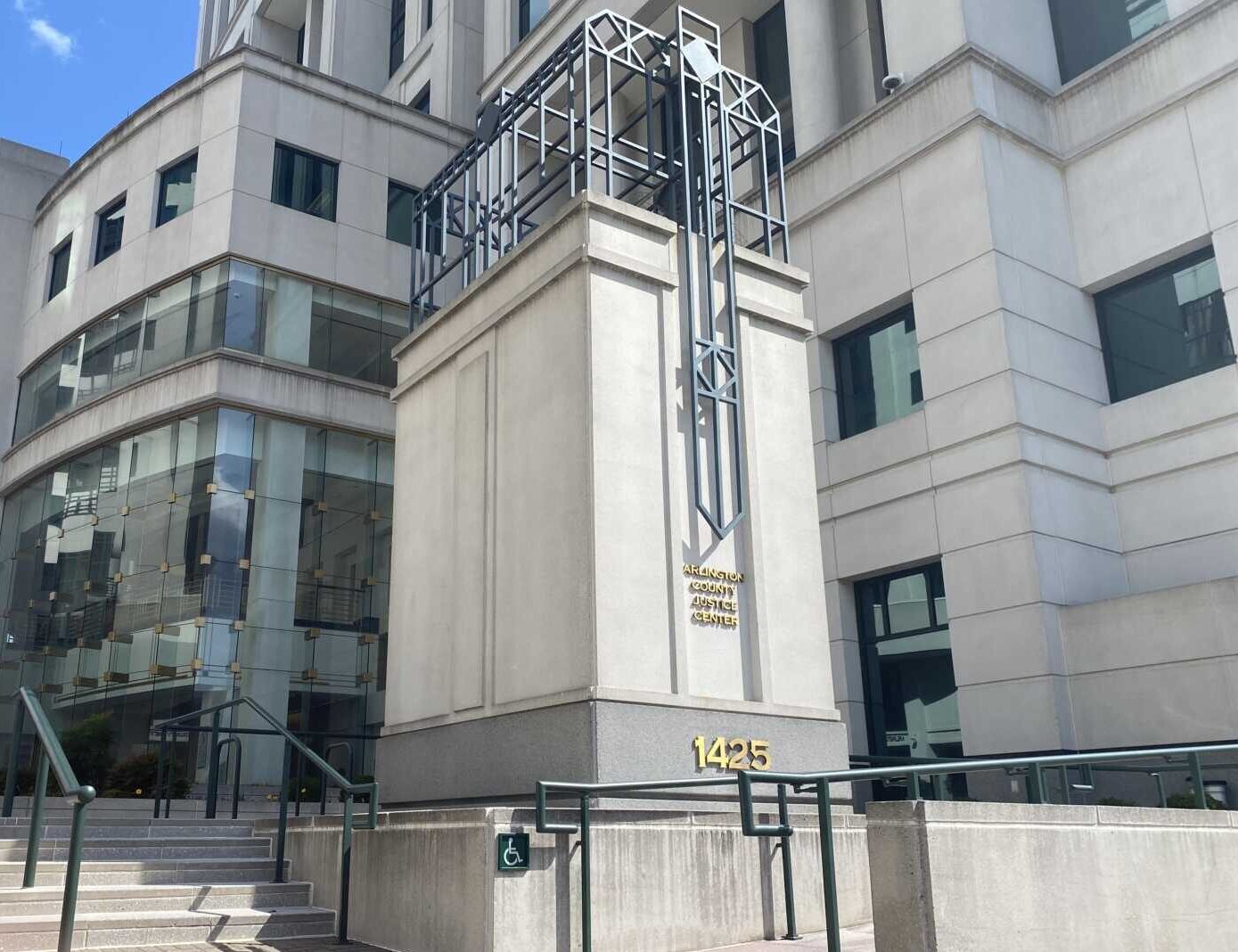
Widespread speed cameras and more funding for prosecutors are two emerging priorities for Arlington County during the upcoming legislative session.
The Arlington County Board got a first look at its legislative priorities during a meeting last night (Tuesday). They cover a range of topics, from funding for improving public transportation to tackling the behavioral health crisis crippling Arlington and the state.
The new priorities come one week after elections for both chambers of the state legislature. Democrats retained control of the Virginia State Senate and obtained a slim majority in the House of Delegates, previously controlled by Republicans. Still, policymakers — who will meet with the Board on Tuesday, Nov. 28 to discuss their priorities — will have to contend with a divided government, as the GOP controls the executive branch.
Going into the session, which begins Jan. 10, 2024, Arlington County is looking to state legislators to introduce bills granting local authority for automated speed enforcement beyond work and school zones, per a county report.
More speed cameras are part of the county’s Vision Zero initiative to reduce serious injury and fatal crashes, as well as a recommended way to reduce potentially adverse interactions between officers and civilians during traffic stops. In January 2022, the County Board approved their installation in school and work areas to reduce speed-related crashes in these areas.
Since then, however, the process of installing these cameras in these zones has stalled. In March, Police Chief Andy Penn said a contract could be ready this spring but, nine months later, police and Vision Zero Coordinator Christine Baker told ARLnow this week that the contract is still in the “procurement” phase and tied up in negotiations.
Moving from the streets to the county courthouse, Arlington County says it would like legislation to “ensure there is adequate funding for the prosecution of misdemeanors, civil duties, and the creation of diversion services.”
This responds to several issues that have arisen within the local criminal-legal system and others across the state, with the introduction of body-worn cameras, contracted staffing levels and mounting pressure for programs diverting from jail people who commit nuisance crimes or have an addiction or serious mental illnesses.
“The work of prosecution has changed considerably over the past years, and arguably decades, and in some respects, our office has failed to keep pace or appropriately adjust expectations about the services our office could reasonably provide with limited resources,” Commonwealth’s Attorney Parisa Dehghani-Tafti said in a 2020 memo to County Manager Mark Schwartz.
Reviewing body-worn camera footage, for instance, became a deciding factor for Dehghani-Tafti to pull prosecutors from jailable misdemeanor offenses such as driving without a valid operator’s license, driving on a suspended license, reckless speeding and numerous registration offenses.
In the memo to Schwartz, the top prosecutor said she did not come to this decision lightly. Rather, she first sought counsel from a state agency that trains prosecutors and the Virginia State Bar Ethics Counsel. Both said prosecutors would need to review thousands of hours of body-worn camera footage to meet their obligations to share all exculpating or incriminating evidence.
“Unfortunately, at present we have neither the staff nor resources to review, process and disclose camera footage and other evidence from 40,000 cases,” Dehghani-Tafti said in the memo.
To that end, Arlington County says it is also wants to see state funding for additional positions to review body-worn camera footage “to increase transparency and accountability with law enforcement.”
“Additional staff in the Commonwealth’s Attorney, Police Department, Fire Department, Sheriff’s Office, and Public Defender’s Office are all critical to effectively implement Body Worn Camera programs,” the report said.
Increased funding for prosecuting comes as a state watchdog, the Joint Legislative Audit and Review Commission (JLARC), says Virginia needs 112 more prosecutors — in addition to those needed to fill the 6.5% vacancy rate — to handle current case levels.
Like Dehghani-Tafti, JLARC attributes this to more body camera footage to review as well as the need to consider a defendant’s social media posts and mental health issues.
It also notes, however, that a dearth of defense attorneys who take on indigent clients is crippling courtroom procedures. This has worsened in the last two years in large part because prosecutors get more supplemental funding from localities than defense attorneys.
As for diversion program funding, Arlington County already has a series of programs. Dehghani-Tafti and Chief Public Defender Brad Haywood say some of these programs — like drug court — are successful but others are floundering without sufficient staff.
For instance, one program that diverts court-involved adults with serious mental illnesses from jail was put on pause after the one person overseeing it left because her workload was unsustainable. Both Dehghani-Tafti and Haywood have advocated to the county for funding to avoid this situation in the future.

